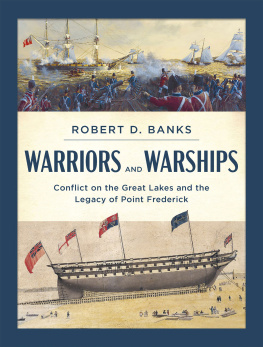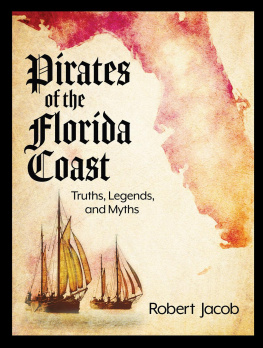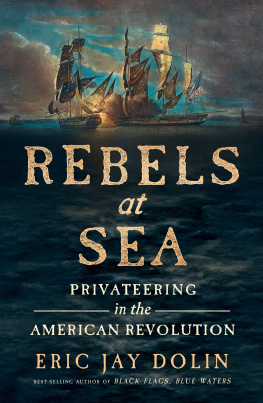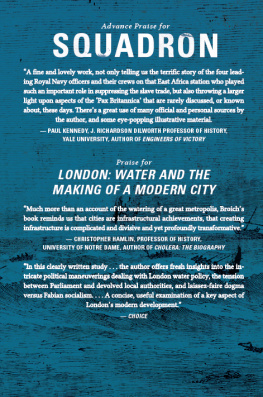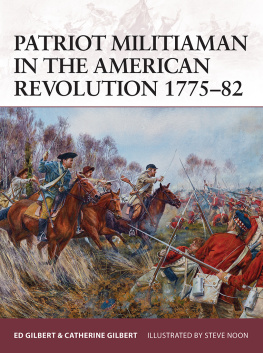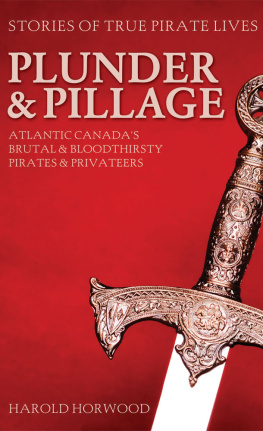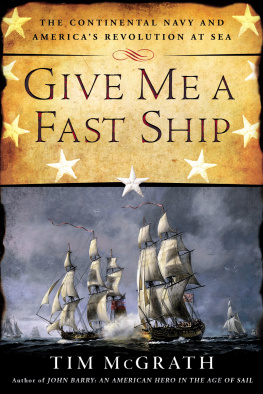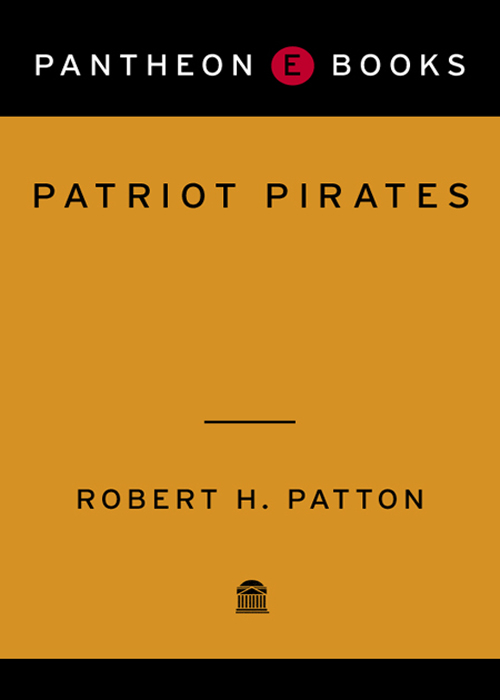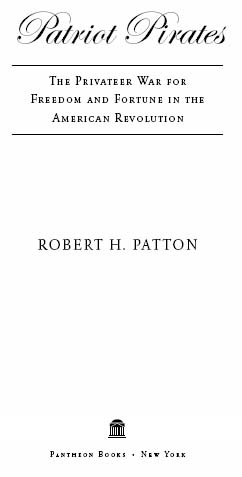Robert H. Patton - Patriot Pirates: The Privateer War for Freedom and Fortune in the American Revolution
Here you can read online Robert H. Patton - Patriot Pirates: The Privateer War for Freedom and Fortune in the American Revolution full text of the book (entire story) in english for free. Download pdf and epub, get meaning, cover and reviews about this ebook. year: 2008, publisher: Pantheon, genre: History. Description of the work, (preface) as well as reviews are available. Best literature library LitArk.com created for fans of good reading and offers a wide selection of genres:
Romance novel
Science fiction
Adventure
Detective
Science
History
Home and family
Prose
Art
Politics
Computer
Non-fiction
Religion
Business
Children
Humor
Choose a favorite category and find really read worthwhile books. Enjoy immersion in the world of imagination, feel the emotions of the characters or learn something new for yourself, make an fascinating discovery.

- Book:Patriot Pirates: The Privateer War for Freedom and Fortune in the American Revolution
- Author:
- Publisher:Pantheon
- Genre:
- Year:2008
- Rating:3 / 5
- Favourites:Add to favourites
- Your mark:
Patriot Pirates: The Privateer War for Freedom and Fortune in the American Revolution: summary, description and annotation
We offer to read an annotation, description, summary or preface (depends on what the author of the book "Patriot Pirates: The Privateer War for Freedom and Fortune in the American Revolution" wrote himself). If you haven't found the necessary information about the book — write in the comments, we will try to find it.
In Patriot Pirates, Robert H. Patton, grandson of the battlefield genius of World War II, writes that during Americas Revolutionary War, what began in 1775 as a New England fad--converting civilian vessels to fast-sailing warships, and defying the Royal Navys overwhelming firepower to snatch its merchant shipping--became a massive seaborne insurgency that ravaged the British economy and helped to win Americas independence. More than two thousand privately owned warships were commissioned by Congress to prey on enemy transports, seize them by force, and sell the cargoes for prize money to be divided among the privateers officers, crewmen, and owners.
Patton writes how privateering engaged all levels of Revolutionary life, from the dockyards to the assembly halls; how it gave rise to an often cutthroat network of agents who sold captured goods and sparked wild speculation in purchased shares in privateer ventures, enabling sailors to make more money in a month than they might otherwise earn in a year.
As one naval historian has observed, The great battles of the American Revolution were fought on land, but independence was won at sea.
Benjamin Franklin, then serving at his diplomatic post in Paris, secretly encouraged the sale of captured goods in France, a calculated violation of neutrality agreements between France and Britain, in the hopes that the two countries would come to blows and help take the pressure off American fighters.
Patton writes about those whose aggressive speculation in privateering promoted the war effort: Robert Morris--a financier of the Revolution, signer of the Declaration of Independence, member of the Continental Congress who helped to fund George Washingtons army, later tried (and acquitted) for corruption when his deals with foreign merchants and privateers came to light, and emerged from the war as one of Americas wealthiest men . . . William Bingham John R. Livingston--scion of a well-connected New York family who made no apologies for exploiting the war for profit, calling it a means of making my fortune. He worried that peace would break out too soon. (If it takes place without a proper warning, said Livingston, it may ruin us.) Vast fortunes made through privateering survive to this day, among them those of the Peabodys, Cabots, and Lowells of Massachusetts, and the Derbys and Browns of Rhode Island.
A revelation of Americas War of Independence, a sweeping tale of maritime rebel-entrepreneurs bent on personal profit as well as national freedom.
Robert H. Patton: author's other books
Who wrote Patriot Pirates: The Privateer War for Freedom and Fortune in the American Revolution? Find out the surname, the name of the author of the book and a list of all author's works by series.

